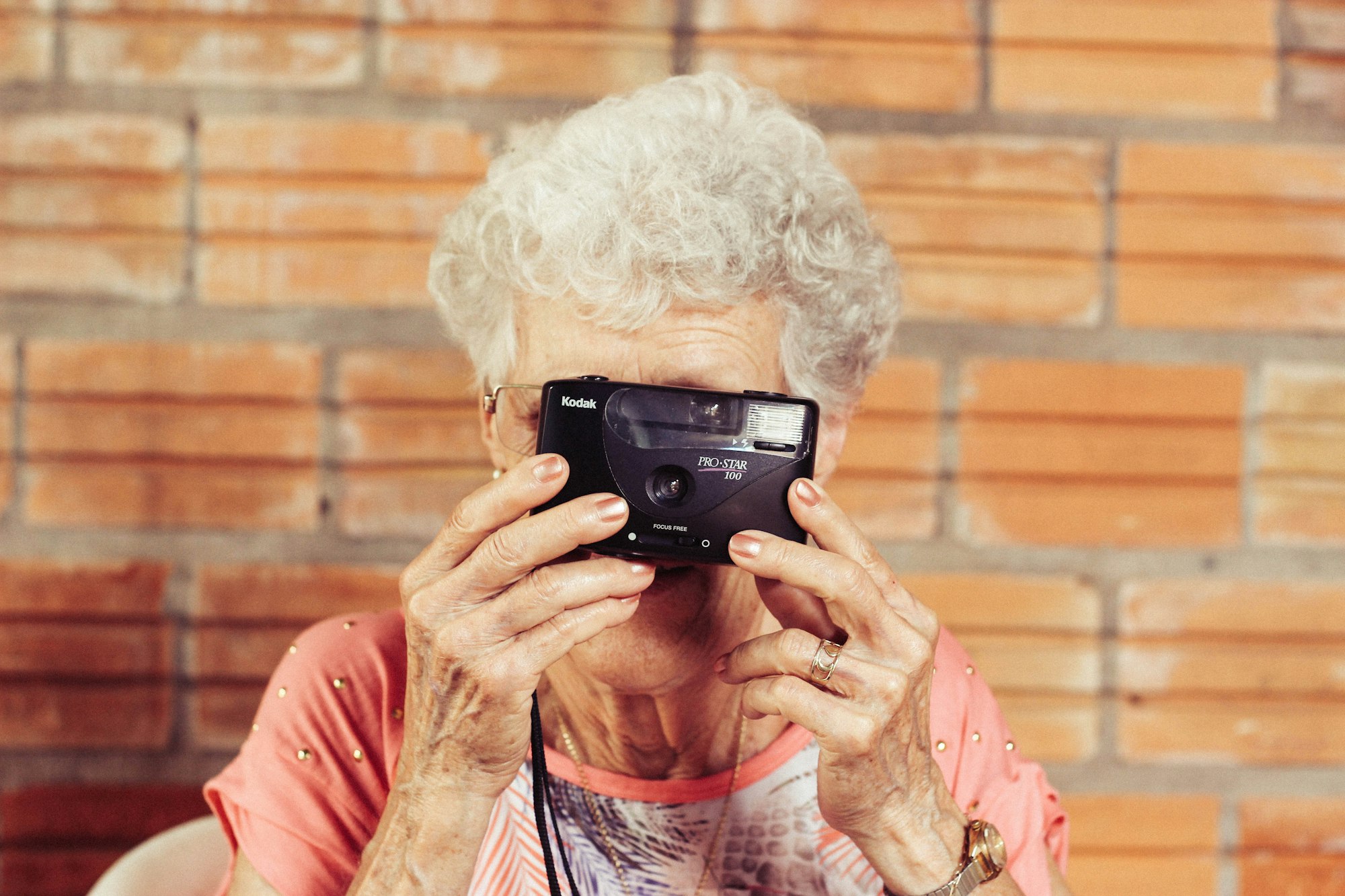Overcoming Caregiver Guilt: Finding Balance and Self-Care
Caregiving is the most guilt producing role we will ever take on in our lives. How we respond to the guilt will affect the actions we take or the decisions we make. Learn how to overcome feelings of guilt

For many aging baby boomers, the task of caring for both elderly parents and their own families has ushered in a daily encounter with caregiver guilt. As members of the "sandwich generation," they grapple with the dual responsibilities of elder care and family life, often accompanied by a sense of guilt and mounting stress.
Caregiving presents an intricate web of emotions, with guilt often taking center stage. It's not uncommon to experience feelings of anger, frustration, and unhappiness in this role, leaving caregivers torn between fulfilling the needs of aging parents and those of their own families. Yet, in this intricate balancing act, caregivers themselves can often feel lost in the midst of it all.
Caregiver Guilt leads to Unnecessary Stress
Guilt operates on two distinct planes – both as a driving force for exceeding expectations and as a potential hindrance clouding judgment. How we respond to this complex emotion shapes our actions and decisions, influencing the path we tread.
The cascade of caregiver guilt, mingled with anger, sadness, and frustration, can sow the seeds of unnecessary stress. Over time, the physical repercussions of these emotions can cast a long shadow on one's health. The weight of promises made to loved ones, the guilt of pursuing personal activities while elderly parents remain alone, or the resentment towards an ailing family member, all contribute to the commonly heard term – caregiver stress.
It's essential to grasp that these sentiments are part of the human experience and that you're not traversing this journey alone. Taking steps to address caregiver stress and confront guilt can be transformative. Guilt, after all, often stems from perceived personal shortcomings and can negate the many positive aspects of caregiving.
Understanding that certain individuals may be prone to frequent guilt, it becomes vital to manage these feelings and alleviate the stress they generate. The initial step involves pinpointing the negative emotions you're grappling with. By giving voice to these sentiments, you acknowledge their presence and take the first step towards addressing them.
Acknowledging that you're doing your best within the context of your circumstances is crucial. Once you've identified your feelings, it's valuable to delve into their origins. Are you disregarding your own needs? Is caregiving overpowering other aspects of your life? These introspections pave the way for a new perspective.
Overcome Feelings of Guilt
It's pivotal to confront the choices you make as a caregiver. Are you sacrificing precious time with friends and family to fulfill caregiving duties? This pivotal question underscores the importance of self-care. In the mosaic of caregiving, ensuring your well-being is paramount. Whether it's allocating moments for yourself or relishing time with loved ones, catering to your needs nurtures your identity and enhances your caregiving capabilities.
A journey towards managing guilt demands self-compassion. Embracing both positive and negative feelings, granting permission to feel joy amid the complexities, and realizing that feelings don't dictate actions are all integral components of this voyage.
Furthermore, reaching out for help and exploring available options that grant you much-needed personal time are vital steps. Understanding your limits and acknowledging your humanity empowers you to provide the best care while taking care of yourself. Guilt may forever weave its threads into caregiving, but how you respond to these feelings profoundly impacts your overall well-being.
In the realm of caregiving, guilt need not be an all-encompassing shadow. Armed with introspection, self-care, and a supportive network, caregivers can navigate guilt's labyrinth and emerge with the strength to provide compassionate care while cherishing their own lives.
All of our guides, downloads, worksheets, Premium courses
Click Subscribe To Get Started.
You might also like this article:















